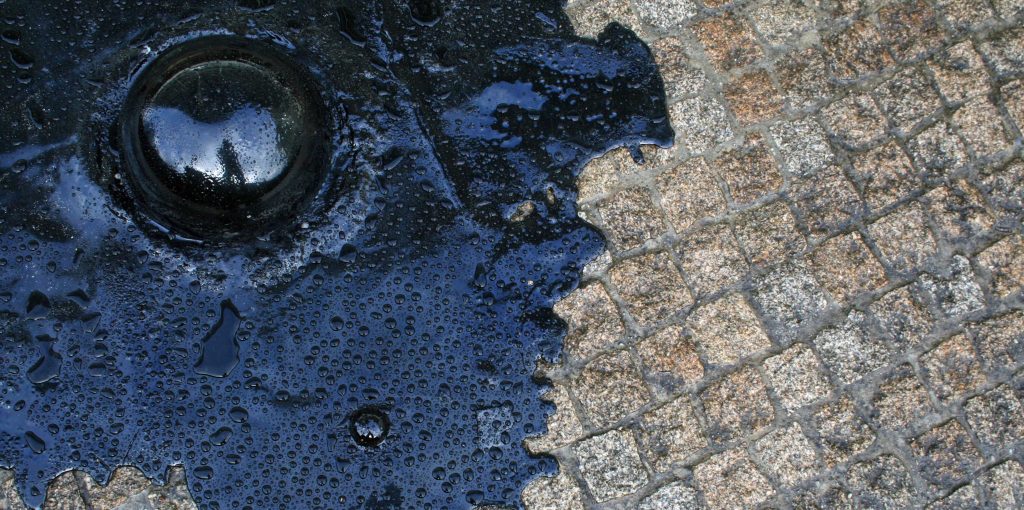LAGOS (NIGERIA) / AMSTERDAM (THE NETHERLANDS), August 24, 2010 – Friends of the Earth International is outraged by reports that a major UN investigation into Nigeria oil spills funded by oil giant Shell relies more on figures produced by oil companies and Nigerian state statistics than on community testimony and organizations on the ground who work with communities. [1]
After releasing some information last week about its ongoing investigation, which is due to be released in early 2011, the UN Environment Programme (UNEP) was strongly criticised by environmental and human rights organisations. The UNEP acknowledged that its investigation relies heavily on data supplied by the oil industry and in an August 23 statement announced that no draft report currently exists.
Shell oil spills and gas flaring in Nigeria are a major human rights and environmental tragedy.
Nnimmo Bassey, chair of Friends the Earth International and director of Environmental Rights Action in Nigeria said: “We monitor spills regularly and our observations often contradict information produced by oil companies and Nigerian regulatory agencies. If the UNEP team would ask community monitors it would avoid falling into the trap of spinning Shell’s figures. The UN assessment is being paid for by Shell so we are not surprised that it tells Shell’s version of the facts. But the reality is that several studies have placed the bulk of the blame for oil spills in the Niger Delta on the doorsteps of the oil companies; particularly Shell.”
Geert Ritsema Friends of the Earth Netherlands /Milieudefensie added: “UNEP should base its findings mostly on independent sources rather than on information from the oil companies responsible for the massive oil pollution in Nigeria. Last week UNEP team head Mike Cowing repeated Shell’s lies that only ten percent of oil pollution in Ogoniland was caused by equipment failures and company negligence and 90% by locals stealing oil. Yet he himself earlier stated that Shell’s large scale oil pollution and performance in Ogoniland was ‘unacceptable’. These figures are not even consistent with some Shell official reports which admit that 45% of all leakages from Shell facilities between 1998 and 2007 were due to poor maintenance of oil installations.” [2]
In May 2008 four Nigerian citizens and Friends of the Earth Netherlands/Nigeria filed a unique lawsuit against Anglo-Dutch oil giant Shell. The Nigerians, fishermen and farmers, suffered major damage from oil spills because of oil production by Shell. The first lawsuit hearing is expected take place in The Hague (The Netherlands) later in 2010. [3]
Oil extraction in the Niger delta started during the 1950s and was suspended in Ogoniland in the 1990s because of unrest and many oil spills there have not yet been cleaned up by Shell.
***
NOTES:
[1] The UN investigation is mentioned in several articles including: http://www.guardian.co.uk/environment/2010/aug/22/shell-niger-delta-un-investigation http://www1.voanews.com/english/news/africa/Criminal-Activity-Behind-Oil-Spills-in-Ogoniland-101253229.html [2] See Dutch tv program Zembla ‘Vuile olie van Shell’ of 13 June 2010 with Cowing’s statements: http://zembla.vara.nl/Nieuws-detail.2624.0.html?tx_ttnews[tt_news]=27169&tx_ttnews[backPid]=1974&cHash=cdead045fcand see document ‘Dagvaarding Goi’ on the website: www.shellrechtszaak.nl, under the heading ‘juridische documenten’ (page 14 and 15) [3] Court case information is online at http://www.milieudefensie.nl/english/shell-in-nigeria/oil-leaks







